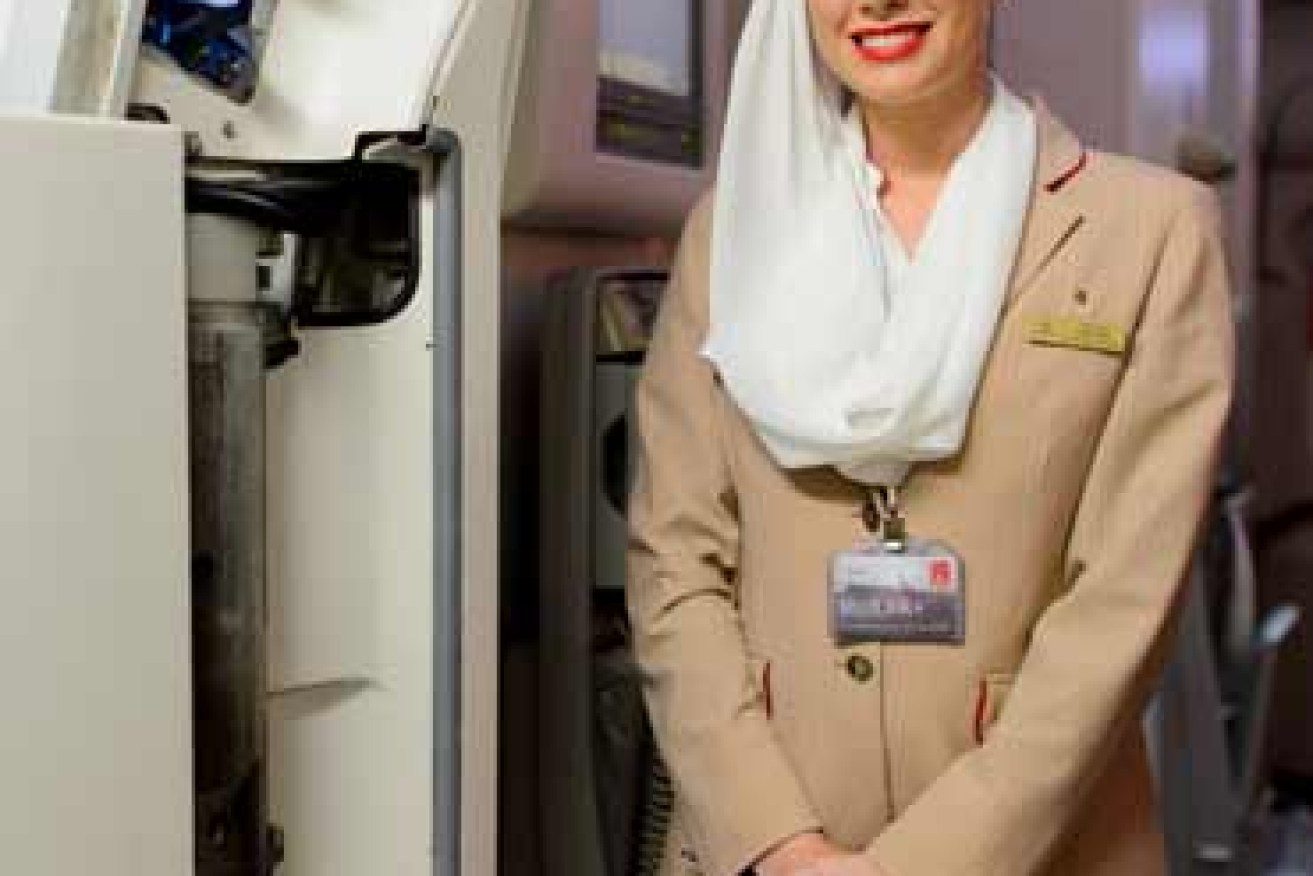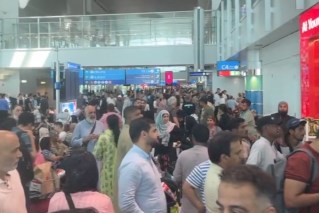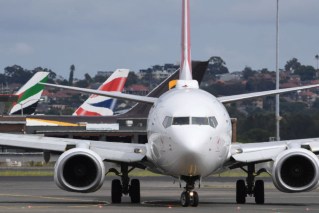Are cheap airfares worth the hidden cost?


Australian labour costs would put Australian operators at a disadvantage. Source: Shutterstock
Australians love cheap airfares. Whenever there’s one of those $1 fare sales on, that’s all you hear about.
The lady at the shops is boasting because she got a fare to Perth for a dollar, your boss is excited because he’s going to Hobart for a dollar, your brother puts on Facebook that he bought a trip to Melbourne for a dollar, and another one to Sydney.
Cheap flights are a national obsession.
• How Bunnings’ prices are designed to nail customers
• Why we should continue taxing tampons
• What are the secrets to Aldi’s super low prices?
This is the country that embraced Tiger airlines after it had been banned for a long list of safety breaches. Tiger got its operating license back and Australia spoke with one voice when we said: ‘All is forgiven! Gold Coast here we come!’
The government knows about our passion for a low-cost window seat and they’re prepared to help out.
For a long time there were special rules about which airlines could fly to America that meant Sydney-LA cost about $2500 – substantially more than flying to Europe.
About seven years ago the Labor government signed a deal with the US to change the rules, and whoosh.

Going up. Cheap flights have made their mark.
Prices dropped to as low as $1200 and before you knew it Aussies were crawling all over America, from California to the Carolinas.
So now another proposal has emerged about making flights cheaper again. But all of a sudden, we’re reluctant. The government leaked the proposal then quickly leaked they’re not going ahead with it. What’s going on?
More competition

Under the proposal, travellers could sweep from the hustle of Singapore to remote Broome. Photo: Shutterstock
The new plan is about letting foreign airlines fly domestic routes in the north of Australia.
You could fly Singapore Airlines from Darwin to Broome, for example. At the moment, only Australian airlines can fly domestic.
The proposal is limited to the tropical north because there aren’t very many flights up there and they’re expensive. That makes doing business in the Top End tricky.
For dates I checked in July, there’s only one direct flight from Darwin to Broome a day, with Airnorth. It costs about $350 for the cheapest ticket.
Direct flights from Cairns to Darwin are offered by Jetstar, Qantas and Airnorth. There is often only two a day, costing between $250 and $500.
Competition would – in theory – add more flights at lower prices and make carrying freight and people around northern Australia cheaper. The idea came up as part of the government’s plan for developing Northern Australia.
In the state capital cities, the foreign airlines wouldn’t be welcome and we’d still have Qantas, Virgin, Tiger and Rex.
Even such a limited plan would be quite revolutionary – most of the rest of the world protects domestic aviation fiercely (The EU is the exception).
The arguments against change seem to have won. Mainly, the reasoning is that letting foreign airlines fly domestic routes might hurt Qantas and Virgin. Reports suggest they lobbied hard against any possible change.
Should we have laws that limit international competition for airlines?

Protecting Australian aviation, or protecting Qantas?
If so, it will be because we think airlines are a special case – almost every other industry has been opened up to competition.
Gough Whitlam began the tariff reduction era in 1973, and Australia was a leader in cutting tariffs by the time of Bob Hawke and Paul Keating.
Has opening up to competition been a success?
It depends who you ask. Workers at car companies that are closing down in 2017 probably don’t think so. Manufacturing is a small part of Australia’s economy now because Asia does most things cheaper.
But overall, Australia has grown a lot better off. Things are cheaper to buy and other industries boomed with competition. We do some things better than other countries instead of cheaper, so we export a lot of education, tourism and professional services.

Australian labour costs would put operators at a disadvantage against cheaper alternatives. Photo: Shutterstock
Australia has a strong free market history – but we also have a strong history of protecting Qantas. That might be what’s happening this time.
Qantas told the West Australian newspaper that the plan would have “far-reaching, unprecedented and damaging consequences for Australian aviation”.
Would our airlines really be hurt by more competition on domestic routes? They already compete with those same airlines on international routes.
The advantage foreign airlines might get is the ability to use cheaper aircrews. Whether the foreign airlines would have to obey Australian labour laws is not clear from what’s public, but that’s one reason why unions are upset at the plan.
But even if foreign airlines took over every route above the tropic of Capricorn, would that kill Qantas and Virgin? They do most of their business in the southern half of Australia.
If we protect companies we can probably save jobs for now. But prices will stay high and we might prevent other industries from taking off and making new jobs.
This is a classic economic policy question. Do we try to protect the existing companies or do we try to take a free market approach?
One way for the government to decide what to do on this question is to hear the voice of the people.
Jason Murphy is an economist and journalist who has worked at Federal Treasury and the Australian Financial Review. His twitter handle is @jasemurphy and he blogs about economics at Thomas The Think Engine








